01. Fast Cars (1996 Remastered Version) 2:27
02. No Reply (1996 Remastered Version) 2:16
03. You Tear Me Up (1996 Remastered Version) 2:25
04. Get On Our Own (1996 Remastered Version) 2:25
05. Love Battery (1996 Remastered Version) 2:08
06. Sixteen (1996 Remastered Version) 3:36
07. I Don't Mind (1996 Remastered Version) 2:17
08. Fiction Romance (1996 Remastered Version) 4:27
09. Autonomy (1996 Remastered Version) 3:42
10. I Need (1996 Remastered Version) 2:42
11. Moving Away From The Pulsebeat (1996 Remastered Version) 7:04
12. Orgasm Addict (1996 Remastered Version) 2:01
13. Whatever Happened To...? (1996 Remastered Version) 2:14
14. What Do I Get? (1996 Remastered Version) 2:54
15. Oh Shit (1996 Remastered Version) 1:35
16. Fast Cars (John Peel Show 7th Sep 1977) 2:16
17. (Moving Away From The) Pulsebeat (John Peel Show 7th Sep 1977) 4:45
18. What Do I Get (John Peel Show 7th Sep 1977) 2:51
01. Boredom (Demo) 3:00
02. Fast Cars (Demo) 2:14
03. No Reply (Demo) 2:15
04. You Tear Me Up (Demo) 2:54
05. Get On Our Own (Demo) 2:34
06. Sixteen (Demo) 3:09
07. I Don't Mind (Demo) 2:26
08. Fiction Romance (Demo) 4:07
09. Autonomy (Demo) 3:47
10. I Need (Demo) 2:52
11. Orgasm Addict (Demo) 2:07
12. What Do I Get (Demo) 2:46
13. Whatever Happened To...? (Demo) 2:20
14. Oh Shit (Demo) 1:33
15. Fast Cars (Live) 3:03
16. Fiction Romance (Live) 4:10
17. Boredom (Live) 3:36
18. Sixteen (Live) 3:16
19. You Tear Me Up (Live) 2:40
20. Orgasm Addict (Live) 2:40
21. Moving Away From The Pulsebeat (Live) 5:57
22. Love Battery (Live) 3:49
23. Time's Up (Live 2008 Remastered Version) 3:16
With their crisp melodies, Pete Shelley's biting lyrics, and Shelley's and Steve Diggle's driving guitars, Buzzcocks were one of the most influential bands to emerge in the initial wave of British punk rock. Largely eschewing politics, they instead brought an intense, brilliant vigor to the three-minute pop song, powered by Shelley's alternately funny and anguished lyrics about adolescence and love, backed by melodies and hooks that were concise and memorable. They released two albums in 1978 (Another Music in a Different Kitchen and Love Bites) that tightened up and refined their sound, then delivered the more experimental A Different Kind of Tension in 1979 before the fast pace of their career and problems with their record label led them to break up in 1981. When Buzzcocks re-formed in 1989, they launched a long string of tours and albums that exhibited the same spirit the group had shown from the start, starting with 1993's Trade Test Transmissions and continuing to The Way in 2014, which was Shelley's last album with the band before his 2018 death. After a short break, Diggle rallied the troops and went on, touring and releasing an LP titled Sonics in the Soul in 2022. The group's powerful punk-pop proved to be enormously influential and timeless, with echoes of their sound resonating in bands like Hüsker Dü, Nirvana, and the Exploding Hearts, along with almost every band who ever blended the hooks of pop with the energy of punk.
Before Buzzcocks, the teenaged Pete Shelley had played guitar in various heavy metal bands. In 1975, he enrolled in the Bolton Institute of Technology. While he was at school, Shelley joined an electronic music society, which is where he met Howard Devoto, who had enrolled at BIT in 1972. Both Shelley and Devoto shared an affection for the Velvet Underground, and Devoto was also fascinated by the Stooges. While they were still in school, Shelley and Devoto began rehearsing with a drummer, covering everything from the Stooges to Brian Eno. The trio never performed live and soon fell apart. Shelley and Devoto remained friends and several months after their initial musical venture dissolved, they read the first live review of the Sex Pistols in NME and traveled to see the band in London. After witnessing the Pistols twice in February 1976, the pair decided to form their own band, with the intent of replicating the Pistols' London impact in Manchester.
Both musicians decided to change their last names -- Peter McNeish became Pete Shelley and Howard Trafford became Howard Devoto -- and took their group's name from a review of the satirical television series Rock Follies, which ended with the quotation "get a buzz, cock." Buzzcocks began rehearsing, picking up local drummer and bassist Garth Smith. Shortly after their formation, Shelley and Devoto booked a local club, the Lesser Free Trade Hall, with the intent of persuading the Sex Pistols to play in Manchester. They succeeded, but the Buzzcocks had to pull out of their own gig when both the bassist and drummer left the group before the concert. At the Pistols show, Shelley and Devoto met Steve Diggle, who joined Buzzcocks as their bassist, and the group found their drummer John Maher through an advertisement in Melody Maker. Within a few months, the band played their first concert, opening for the second Sex Pistols show at the Lesser Free Trade Hall in July 1976. By the end of the year, Buzzcocks had played a handful of gigs and helped establish Manchester as the second biggest punk rock city in England, ranking just behind London.
In October 1976, Buzzcocks recorded their first demo tape, which went unreleased. At the end of the year, the group joined the Sex Pistols on their Anarchy Tour. After the tour was completed, Shelley borrowed a couple hundred pounds from his father and the band used the money to record their debut EP, Spiral Scratch. The record was the first D.I.Y., independently released record of the punk era. Spiral Scratch appeared on the band's New Hormones record label in January 1977; it didn't take long to sell out the initial pressing of 1,000 copies, and it would go on to sell 16,000 before going out of print. Shortly after the release of the EP, Devoto quit the group and returned to college; later in the year, he formed Magazine. Following Devoto's departure, Pete Shelley assumed the role as lead vocalist, Steve Diggle moved to guitar, and Garth Smith became the band's bassist. By June 1977, Buzzcocks were attracting the attention of major record labels, and in September, they signed with United Artists, which gave the band complete artistic control.
Buzzcocks certainly tested the limits of that artistic control with their debut single, "Orgasm Addict." Released in October 1977, the song didn't become a hit because its subject matter was too explicit for BBC radio, but it generated good word of mouth. Following its release, Garth Smith was kicked out of the group and was replaced by Steve Garvey. Buzzcocks' second single, "What Do I Get?," became their first to chart, scraping the bottom of the Top 40. In March, the band released their first album, Another Music in a Different Kitchen. In September 1978, Buzzcocks released their second full-length record, Love Bites.
The rapid pace of the band's recording and performing schedules had an effect on the group. Not only were the concerts and recordings wearing the band down, the members were consuming alcohol and drugs in increasing quantities. Early in 1979, they recorded their third album, A Different Kind of Tension, which displayed some signs of wear and tear. Following the album's release in August, Buzzcocks embarked on their first American tour, and later in 1979, the singles collection Singles Going Steady was issued in the States.
All of the inner and outer tensions afflicting the band culminated in 1980, when they drastically cut back their performance schedule, but they persevered with recording, cutting the EP Parts 1, 2, 3, which was released as three separate singles over the course of the year. During 1980, United Artists was bought out by EMI, which cut back support of Buzzcocks. The group began working on their fourth long-player in early 1981, but were prevented from recording by EMI. The label wanted to release Singles Going Steady in the U.K. before the band delivered the album, and the Buzzcocks refused. Consequently, EMI didn't advance the recording costs of the fourth LP. Shelley decided to break up the band instead of fight the label, and they split that year.
Immediately afterward, Shelley pursued a solo career that initially produced the hit single "Homosapien" and saw the singer experimenting with electronic pop. Steve Diggle formed Flag of Convenience with John Maher, who quit the band shortly after its formation. Steve Garvey moved to New York, where he played with Motivation for a few years. In 1989, Buzzcocks re-formed and toured the United States. The following year, Maher left and former Smiths drummer Mike Joyce joined the band on tour. By 1990, the reunion had become permanent; after Joyce's brief tenure with the group, the lineup of the reunited Buzzcocks featured Shelley, Diggle, bassist Tony Barber, and drummer Phil Barker. The new version of the band released their first album, Trade Test Transmissions, in 1993. After its release, the group toured frequently.
In spring of 1996, Buzzcocks released their fifth studio album, All Set. Modern followed three years later, and a self-titled record for Merge appeared in 2003. Flat-Pack Philosophy arrived in 2006 on the Cooking Vinyl label. An anniversary live set simply called 30 was released in 2008 on Cooking Vinyl. In 2014, yet another new lineup -- Shelley, Diggle, bassist Chris Remington, and drummer Danny Farrant -- emerged with a new studio album, The Way, which was supported by an extensive North American tour in addition to their usual roadwork in the U.K. and Europe. On December 6, 2018, Pete Shelley's family and management announced that the singer and guitarist had died in his home that morning of a suspected heart attack; he was 63 years old.
There was still plenty of interest in the Buzzcocks in the wake of Shelley's passing, and several archival releases appeared. 2020's Sell You Everything (1991-2014) was an eight-disc box set that included the six studio albums the group recorded following their reunion, as well as bonus collections of demos and re-recorded versions of their hits. Another multi-disc box set, Late for the Train: Live & In Session 1989-2016, appeared in 2021 and was devoted to concert recordings and radio performances. Also that year, 30 Live in London was given a vinyl reissue, documenting the band's 30th anniversary concert in 2006. In 2020, Buzzcocks continued on as a trio, and the Diggle, Remington, and Farrant lineup toured the U.K. and cut a new song, "Gotta Get Better." In April 2022, Buzzcocks issued the three-song EP Senses Out of Control. The title track reflected Diggle's love of the mod sounds of the mid-'60s and served as a preview of the group's first post-Shelley album, Sonics in the Soul, which was released by the British Cherry Red label in September 2022. Largely written and recorded during the COVID-19 pandemic of 2020 and '21, the LP was produced by Diggle and Laurence Loveless and offered up a leaner version of the sound of his Buzzcocks-era tunes and his post-breakup project Flag of Convenience. The group also worked club and festival dates in the U.K. and Europe, keeping their sound and spirit alive for their fans.
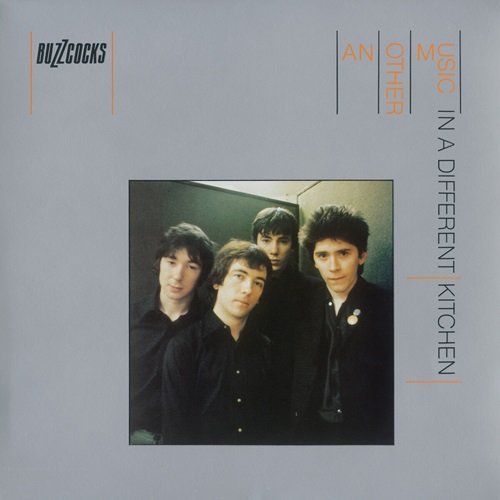

![Joe Pass - Virtuoso (1974) [2025 DSD256] Joe Pass - Virtuoso (1974) [2025 DSD256]](https://www.dibpic.com/uploads/posts/2026-02/1771609997_ff.jpg)
![Magda Mayas' Filamental - Murmur (2026) [Hi-Res] Magda Mayas' Filamental - Murmur (2026) [Hi-Res]](https://www.dibpic.com/uploads/posts/2026-02/1771663724_i3cjtptz4ae2l_600.jpg)

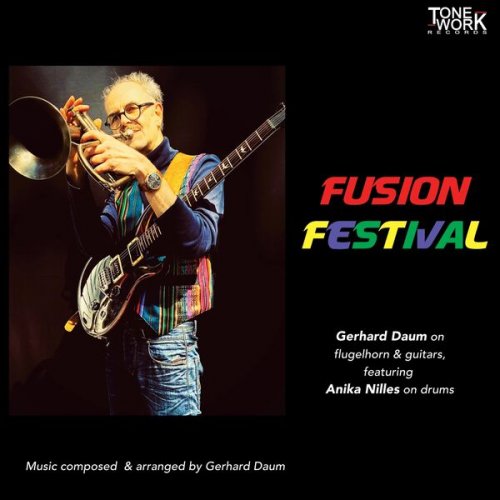
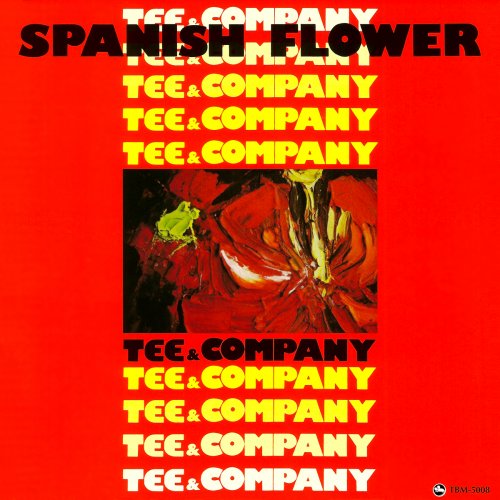
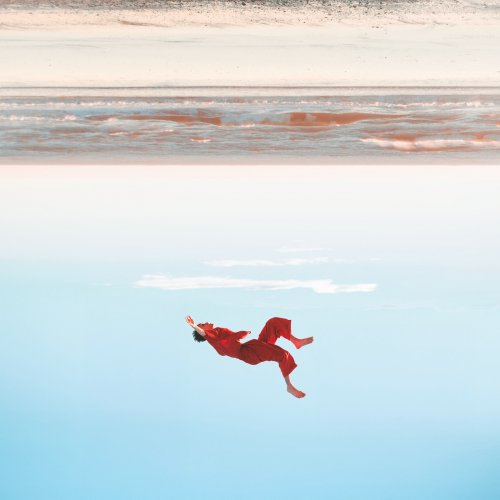
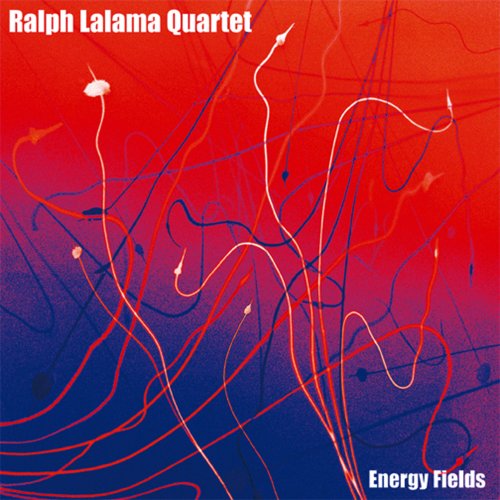
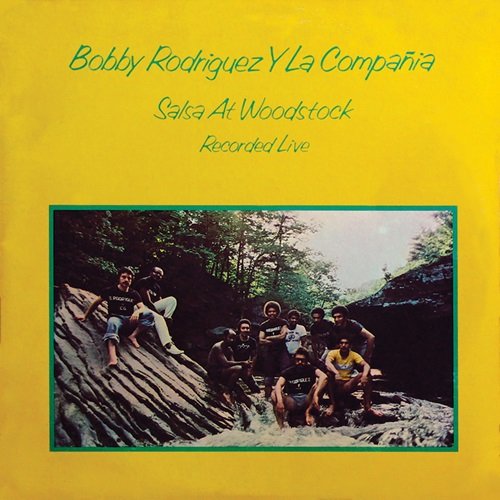
![Tom Braxton - Flashback (2026) [Hi-Res] Tom Braxton - Flashback (2026) [Hi-Res]](https://www.dibpic.com/uploads/posts/2026-02/1771426129_1.jpg)